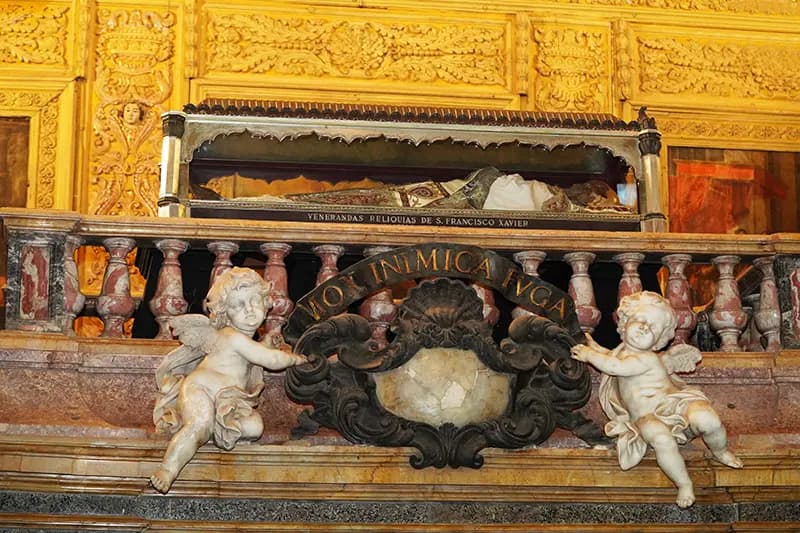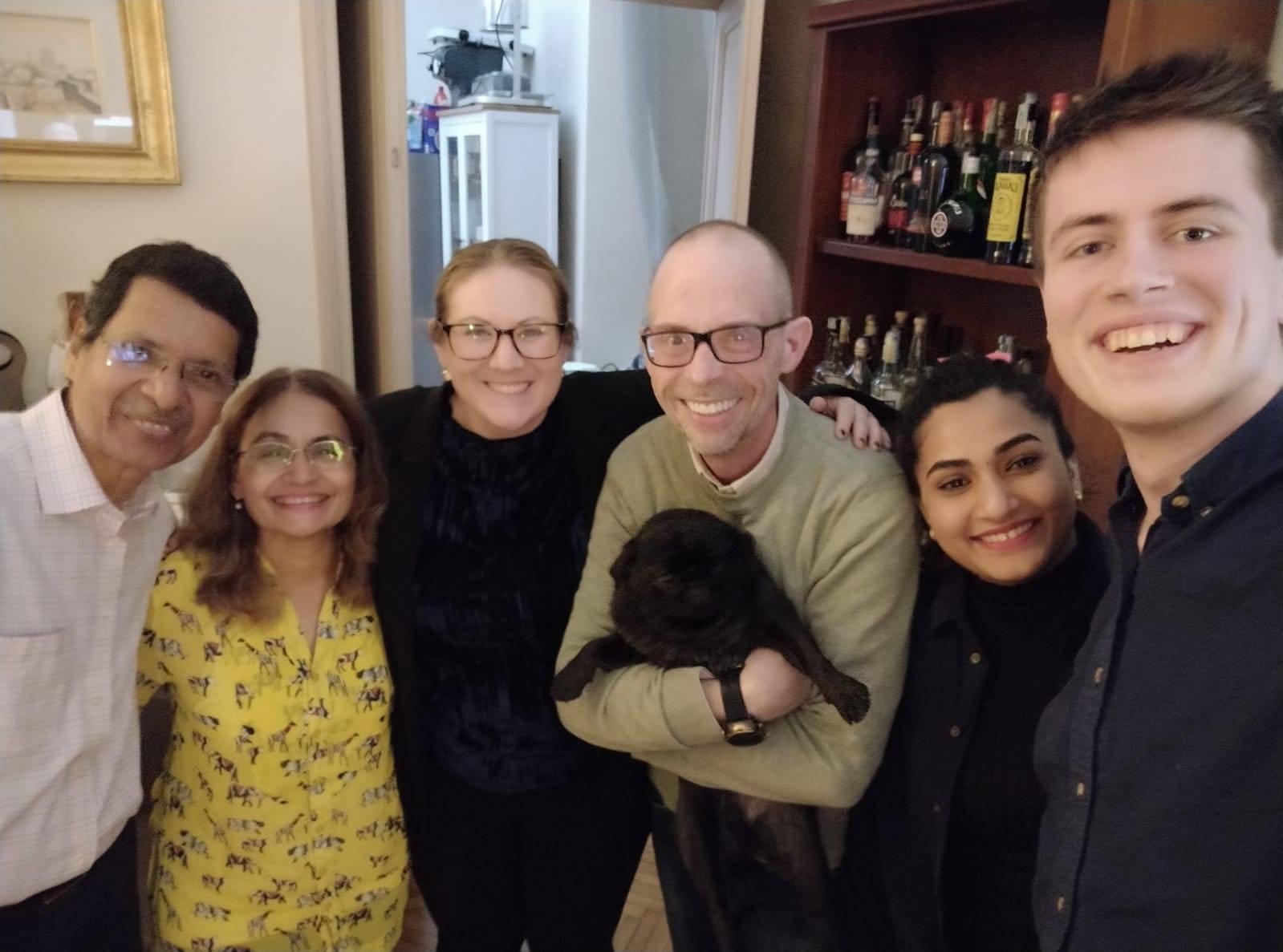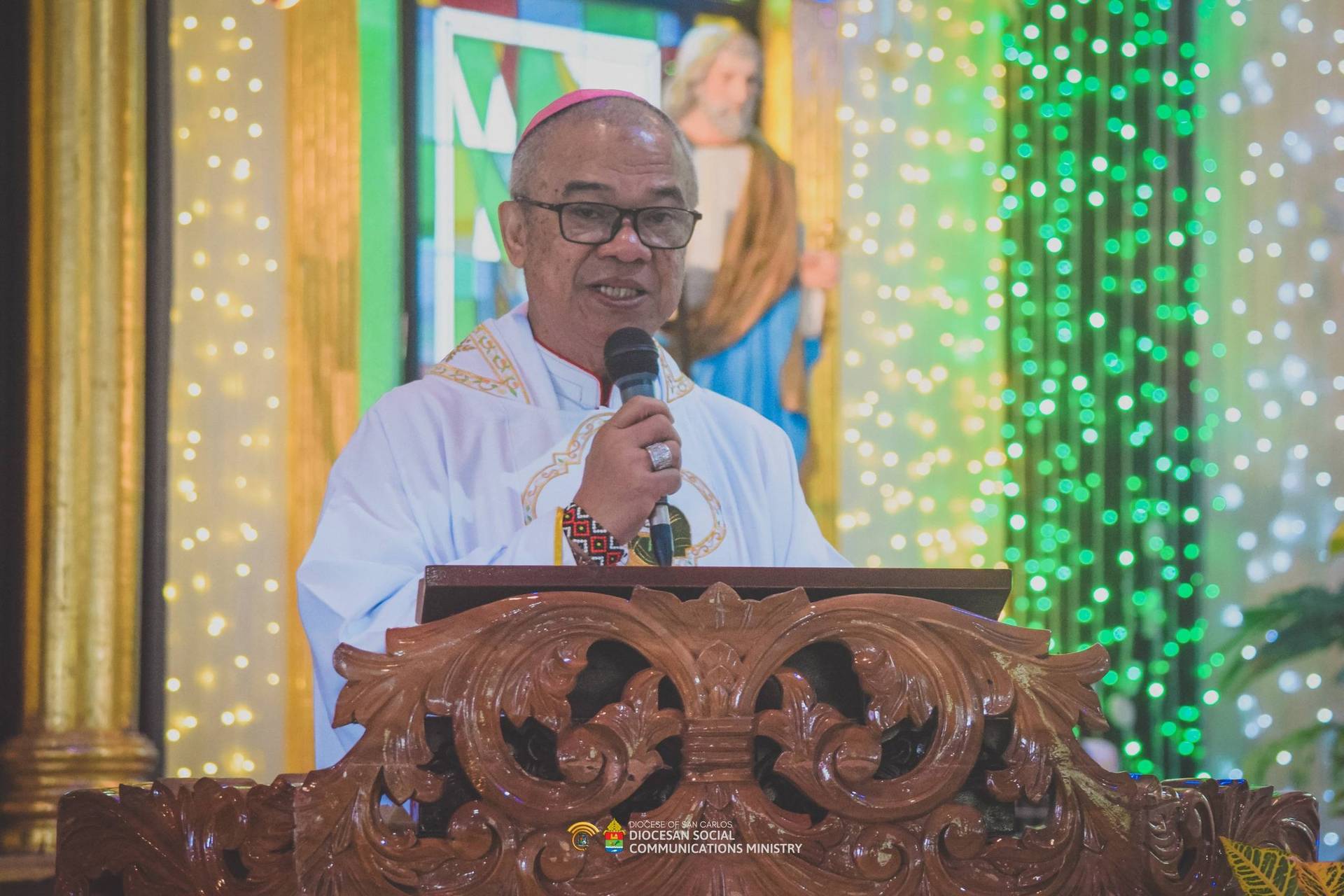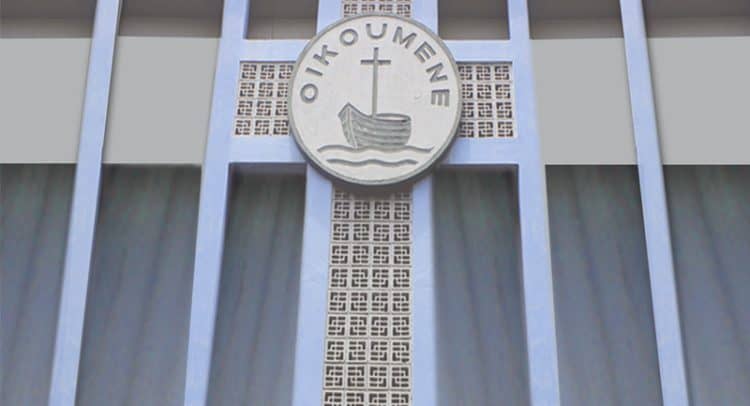MUMBAI, India – Pilgrims have flocked to see the relics of St. Francis Xavier in India.
Every decade, the relics of the Jesuit saint are exposed in the Indian state of Goa – this year’s exposition will end on Jan. 5, 2025, and is organized by the Archdiocese of Goa and Daman.
He died in China in1552, but his body was taken to Goa the next year.
“The exposition of the sacred relics of St. Francis Xavier is a time of grace and renewal, not only for those who come to venerate the relics but also for the Church in India,” said Archbishop Anil Couto of Delhi.
“It serves as a reminder and a call for all of us to renew our own lives, reflecting on the transformation that took place in St. Francis Xavier’s life after his encounter with Jesus,” he added.
Couto was one of many bishops and other clergy at the Nov. 21 liturgy opening the exposition of the saint’s relics.
The archbishop recalled the spiritual journey of St Francis Xavier and said that he dedicated himself tirelessly to spreading the Gospel of Jesus, planting seeds of faith wherever he went.
“Today, the fruits of that faith are evident in nations around the world,” he said.
“Throughout his life, he remained faithful to God’s will, wholeheartedly following Jesus’s command to proclaim the Good News to all people,” Couto said.
“The Good News of Jesus is that God so loved the world that He gave His one and only Son so that whoever believes in Him shall not perish but have eternal life. These words of Jesus encapsulate the essence of our faith,” he said.

“When we encounter Jesus in our lives, we become the salt that adds flavor to the world and the light that leads others,” the archbishop said.
Francis Xavier was the chief missionary of Asia, preaching Christianity in what is now India, and also China and Japan.
“Throughout his voyages and movement from village to village, house to house, person to person, he found time to spend long hours in prayer to seek God’s strength and light and to do his will. His predilection was for the poor, the sick and prisoners and all those in need … 470 years have passed since his incorrupt body – now we call it relics – arrived in Goa by ship from the island of Shangchuan via Malacaa in the middle of March 1554 and is with us for our veneration to date,” Couto said.
“So many historical developments have taken place here since…in this city of Old Goa, in the state, the country and in the world, but our ‘Goencho Saib’ is with us and we come as pilgrims to his feet, begging for God’s mercy through his intercession,” he continued.
Around 12,000 people participated in the inauguration of the Exposition and approximately 8 million pilgrims and tourists from around the world will come to Goa are expected to visit the relics during the 45-day period.
Goa Governor P. S. Sreedharan Pillai and chief minister Pramod Sawant offered prayers at the relics on Thursday morning, before the starting of the religious celebrations.














